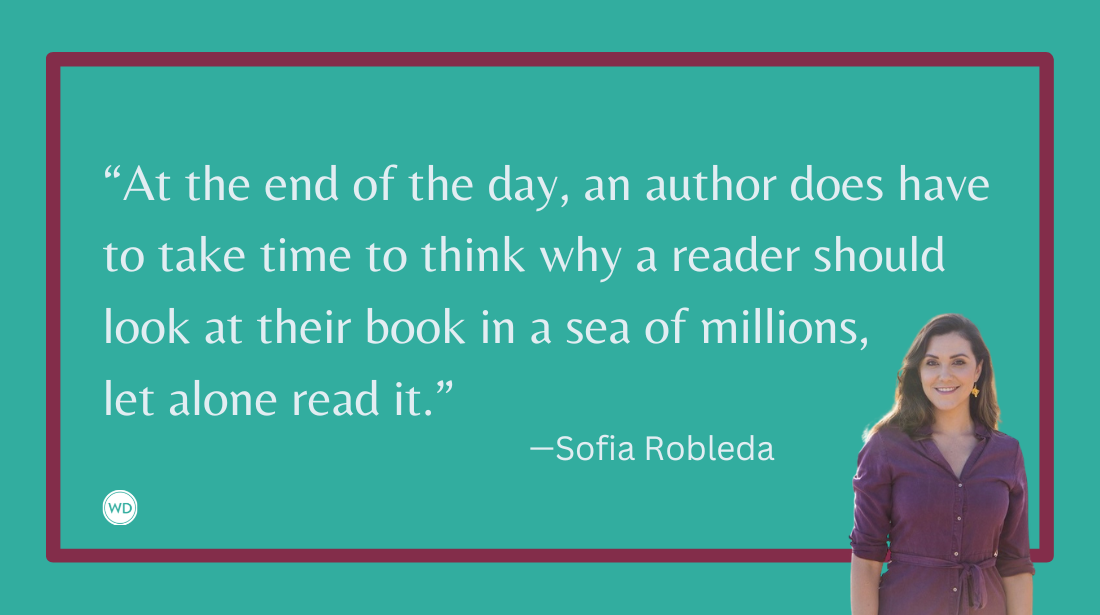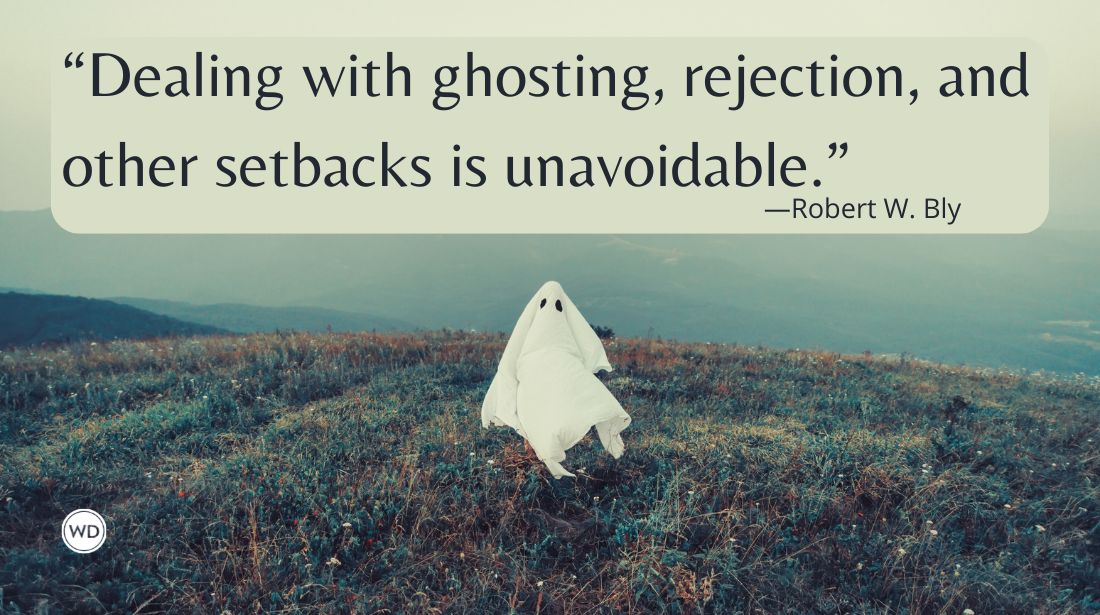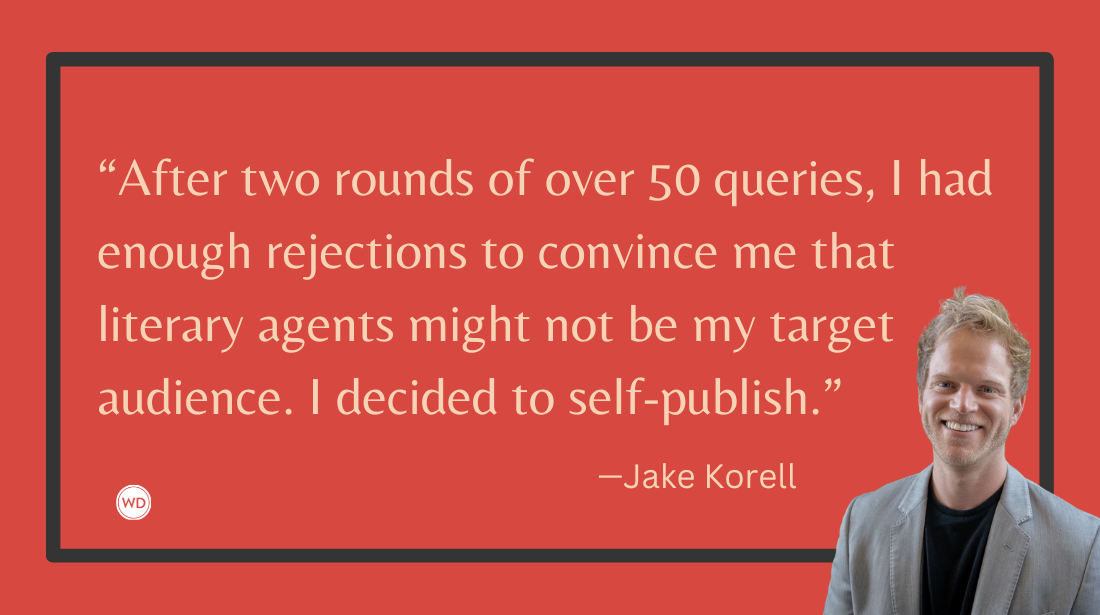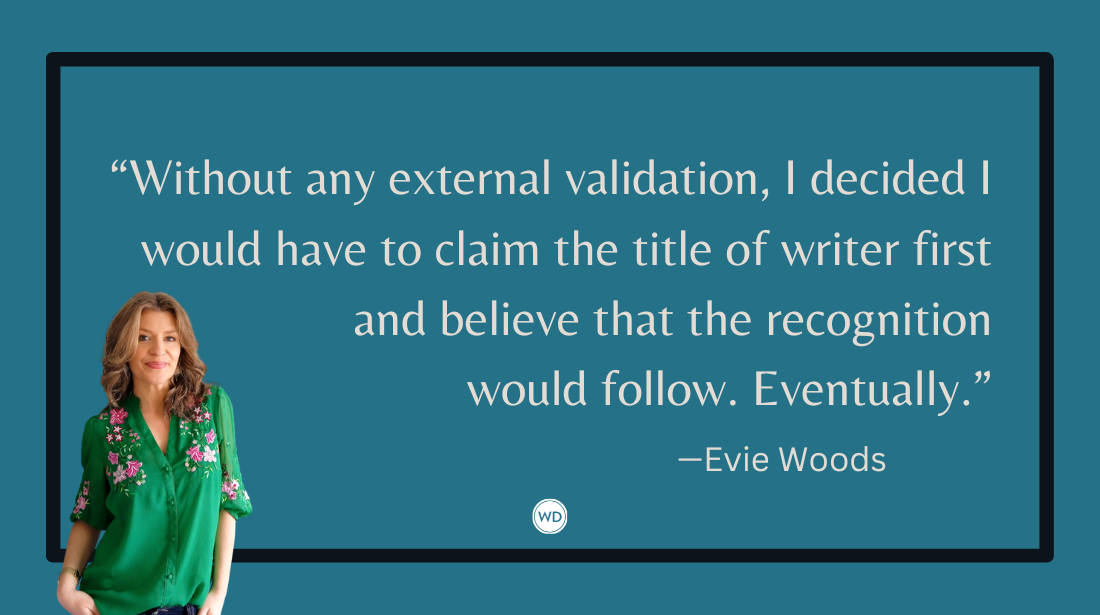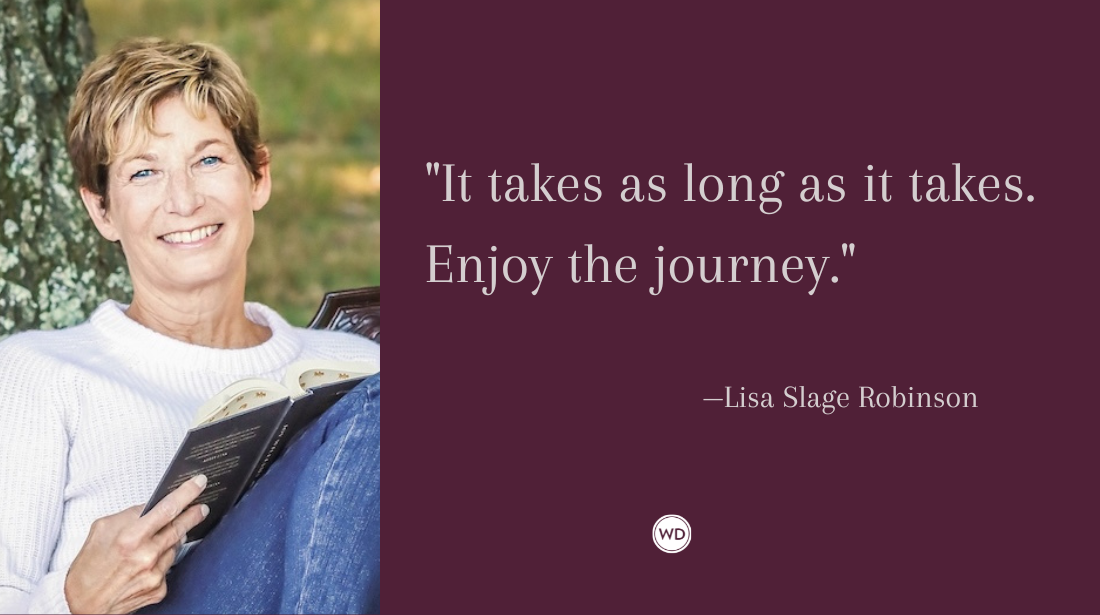Book Contract: What’s Negotiable and What’s Not
Here’s a list of everything you should ask about when negotiating a book publishing contract, including royalty vs. flat fees, second use rights, and more.
Q: I would like to know what an author is to do if a publisher were to offer up a book contract to him or her when there is no agent involved? What's negotiable? What's not?
— C. L. Freire
Negotiating a book contract is a lot like buying a car—there's some give and take, not everyone will get the same deal and sometimes you have to pass on the sunroof to get the deal done. It's helpful to have an agent, of course, but not everyone has that luxury. So how can you, a first-time author, make sure that you're getting a fair deal?
When a publisher wants your book, she'll make an offer. Most companies have a standard contract, or boilerplate that they use. Nearly all of these standard contracts have language that favors the publisher, so it's up to you to haggle out a better deal. Assume that everything is negotiable, though keep in mind that what's flexible in one publisher's contract may not be so flexible somewhere else.
Topics most often open for negotiation are:
- royalty v. flat fee
- anticipated royalty %
- anticipated advance
- expenses to be built in
- second use rights (including electronic)
- free copies of book
- cost to author to buy copies
If there are certain areas that are nonnegotiable, the publisher will tell the author that. Accept it and move on. Also, if you have questions about anything, ask. Contracts are complicated and often need explaining.
Before navigating the minefield of book negotiation, it's essential that you read up on publishing contracts. The Author's Guild offers several tips on how to negotiate a fair contract. If you're a member of the National Writers Union, you can hop onto their site and get extra advice. Plus, there are several good books on the topic—read as many as you can.
Should you involve a lawyer? I asked Writer's Digest Books acquisitions editor Jane Friedman and she says it's OK to ask a lawyer for advice, but often they can be a real headache if they're not familiar with publishing law. "They may ask for terms or stipulations that are unreasonable," Friedman says.
As long as you've done some homework, you'll be in good shape when hammering out your book deal. The more times you go through the process, the better you'll get. And one day, if you're lucky, you'll be able to get that sunroof.
*****
Writing strong first pages requires a great hook, a strong voice, and a clear premise. The first sentence should immediately catch the reader’s attention, while the subsequent text should leave the reader wanting to dive further into the pages of the manuscript. But making the first pages of your story absolutely un-putdownable takes practice, patience, revision, and an eye for detail. Which is why we’re here: to discuss what to do (and not to do) to make your opening pages stand out.
Brian A. Klems is the former Senior Online Editor of Writer’s Digest, and author of Oh Boy, You’re Having a Girl (Adams Media/Simon & Schuster). Follow him on Twitter @BrianKlems.





